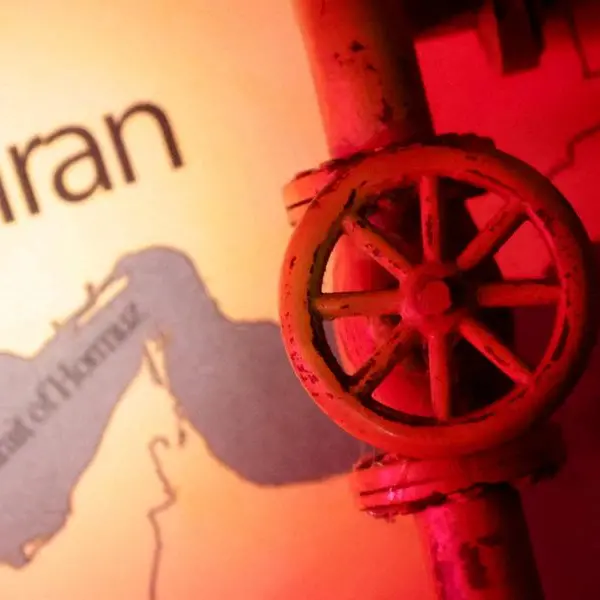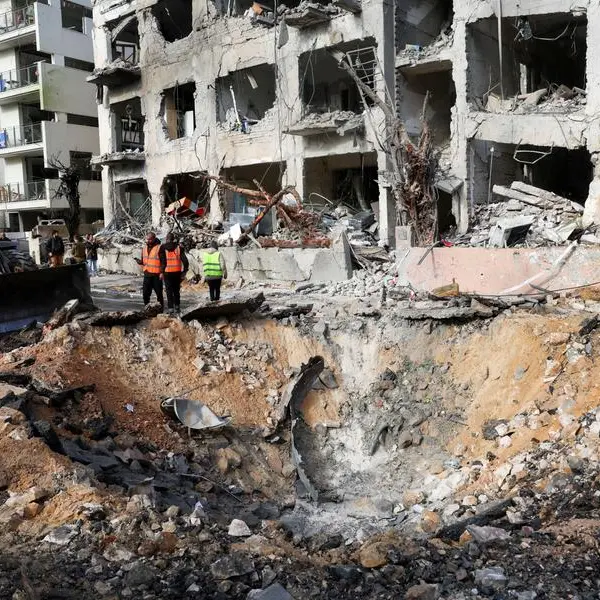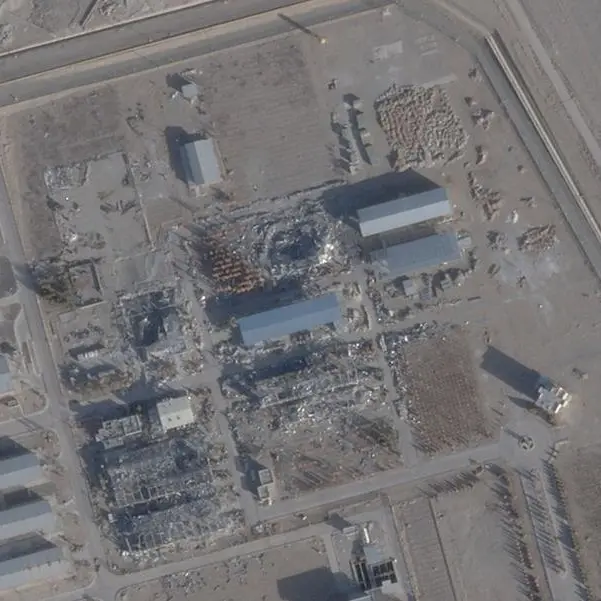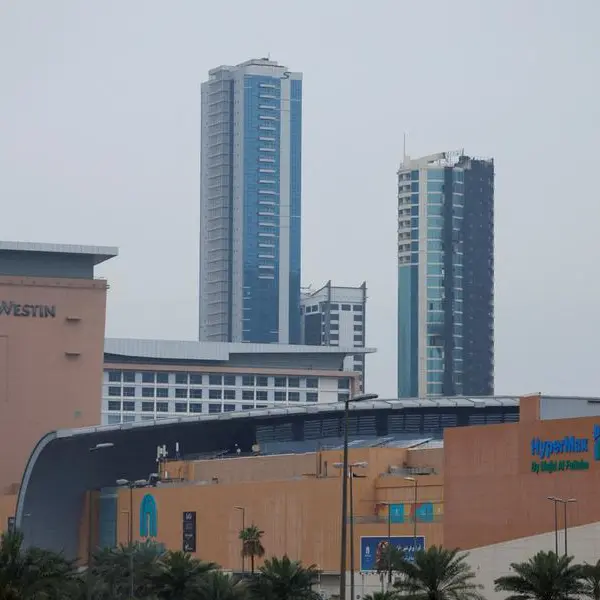PHOTO
DUBAI - Gulf retail giant AlShaya Group, which owns the rights to operate Starbucks in the Middle East, plans to lay off over 2,000 people as the business takes a hit from consumer boycotts linked to the Gaza war, according to people familiar with the matter.
The cuts, which began on Sunday, amount to about 4% of AlShaya's total workforce of almost 50,000 people and are mostly concentrated in its Starbucks franchise in the Middle East and North Africa, said the people, who declined to be named as the matter is not public.
The boycotts have led to tough trading conditions for the company, one of the people said.
Established in 1890 in Kuwait, AlShaya is one of the biggest retail franchisees in the region with rights to operate businesses of popular Western brands including The Cheesecake Factory and Shake Shack.
It has owned rights to operate Starbucks coffee shops in the Middle East since 1999. The Starbucks unit runs around 2,000 outlets in 13 countries, across the Middle East and North Africa, and central Asia.
U.S private equity firm Apollo Global Management Inc (APO.N), has been in talks to buy a stake in AlShaya's Starbucks business, three sources close to the matter told Reuters last month.
Western brands have been hit by a largely spontaneous, grassroots boycott campaign over Israel's military offensive in the Gaza Strip prompted by the deadly Hamas attack in southern Israel on Oct. 7.
In the wake of the boycotts, Starbucks in October said it was a non-political organisation and dismissed rumours that it had provided support to the Israeli government or army.
Starbucks said in January that the Israel-Hamas war has hurt its business in the region as it missed market expectations for first-quarter results.
It said sales were significantly impacted due to the conflict, in the Middle East and in the U.S., as some consumers launched protests and boycott campaigns asking the company to take a stance on the issue.
In January, AlShaya announced it was scaling back operations in Egypt due to the country's ongoing economic troubles including multiple currency devaluations and record inflation. It did not comment on which stores it would be closing or when they would shut.
(Reporting by Hadeel Al Sayegh; editing by Maha El Dahan and Christina Fincher)





















